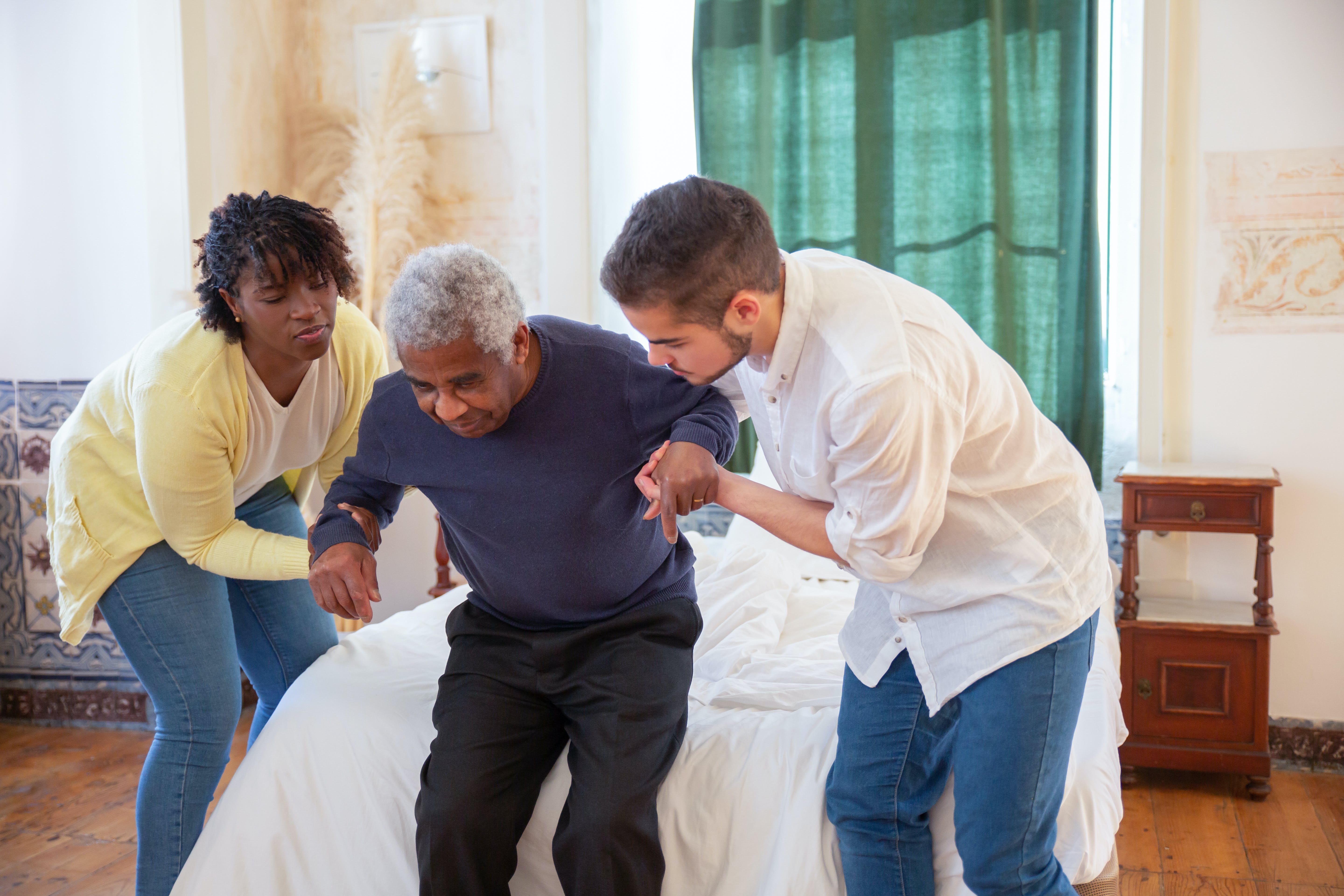It can be unsettling to suspect mistreatment in a nursing home. It’s essential to act to safeguard your loved one’s well-being and safety.
Recognizing signs of nursing home abuse can be heartbreaking, and taking immediate action is essential to protect vulnerable loved ones. In Georgia, families often rely on state regulations and personal vigilance to ensure safe nursing home residents. If you suspect neglect or abuse, document all signs, report concerns to the facility’s administration, and consider contacting local authorities to initiate an investigation.
For families seeking justice, Schenk Nursing Home Abuse Law offers compassionate legal support in Georgia. Their experience in handling nursing home abuse cases ensures that victims and their families have the representation needed to hold negligent parties accountable and secure fair compensation.
Let’s take a look at some steps to take if you suspect nursing home abuse.
Spotting the Signals of Caution
Recognizing signs of abuse is crucial for identifying any issues that may be present in a person’s well-being. Physical cues like marks such as bruises or burns can raise concerns about mistreatment. Unexpected weight loss or a decline in hygiene could suggest a lack of care and attention. Symptoms such as withdrawal, feelings of sadness, or increased anxiety might indicate emotional distress. Changes in behavior, such as restlessness or fearfulness, around individuals could also point towards turmoil.
Recording Proof

When doubts surface about a situation’s legitimacy, solid proof becomes crucial. Record detailed notes of what you observe, noting dates, times, and exact occurrences. Snapping photos of any injuries or changes can serve as evidence. Make sure to jot down any conversations or remarks the resident or staff members exchanged. A meticulous gathering of evidence bolsters the validity of any allegations of abuse or neglect.
Reaching Out to the Authorities
In situations where attempts to resolve issues internally are unsuccessful or if the abuse seems serious enough to warrant attention from authorities, contacting law enforcement becomes vital. Informing authorities or adult protective services about any suspicions ensures a thorough investigation by trained professionals. These organizations possess the skills to evaluate the circumstances and implement measures. Reporting abuse isn’t merely a choice—it’s a duty to safeguard those individuals who are vulnerable.
Engaging in Discussions with Experts
Getting advice from a lawyer can offer guidance and direction when dealing with abuse issues. Lawyers who focus on elder abuse cases can provide information about available remedies. They can help with filing actions or seeking recovery for any harm experienced. Legal experts can handle the intricacies of the process to ensure that the affected person receives the justice they deserve.
Ensuring Safety and Providing Support
Ensuring the safety of the person in need is important. Thinking about moving to another place might be needed to avoid any further harm. Families should look for places that have recommendations and proper accreditation. Also, providing support for the person who has been hurt is really important. Getting counseling or therapy can help them heal and regain trust in others.
Teaching for Prevention
Education is crucial in preventing abuse situations. Families need to educate themselves on the rights of residents and the support resources accessible. Regularly visiting the facility without prior notice can aid in monitoring the quality of care. Participating in community conversations or support meetings can also enhance understanding and encourage a shared sense of vigilance against mistreatment.
Empowering Families and Residents
Both families and residents benefit from gaining knowledge and access to resources, which helps them become more resilient in the face of the challenges ahead of them. Fostering trust through communication between residents and families is crucial for building relationships and connections within the community. Creating a support system guarantees that residents know they are appreciated and their voices are heard, leading to a sense of empowerment. When families and residents feel empowered, they are better equipped to recognize and tackle issues promptly.
Arguing for Fundamental Shifts in the System
Calling for changes in the nursing home system can help improve conditions for residents there. It is important to support laws that boost supervision and responsibility. Getting involved with advocacy organizations or joining campaigns can make the call for change louder. These improvements can help those living there now and those who will in the future.
End Note
It can be unsettling to suspect mistreatment in a nursing home. It’s essential to act to safeguard your loved one’s well-being and safety. This can be done by noticing red flags and keeping records of any concerns you have before contacting the authorities for help. At the same time, legal advice must be sought to ensure adequate support is received to address the issue at hand and promote a safer environment for everyone living there. Families are essential in ensuring the respect and welfare of their family members residing in such facilities, so they stay watchful. Take action ahead of time to make certain that each person is provided with the care and consideration they merit.


Join the conversation!